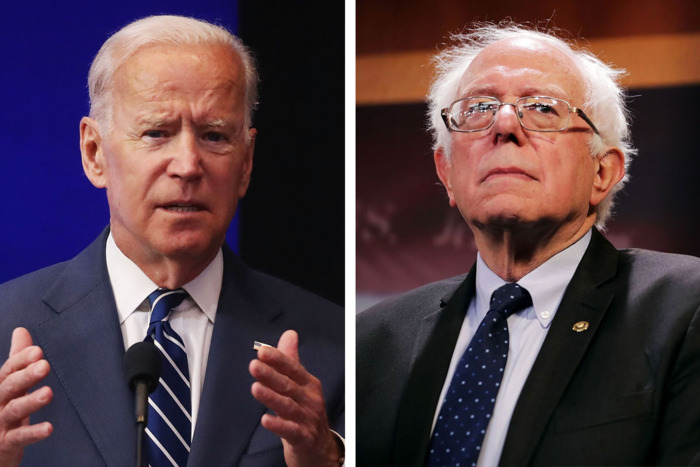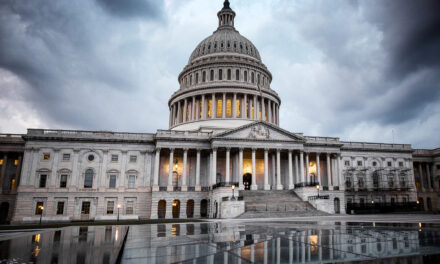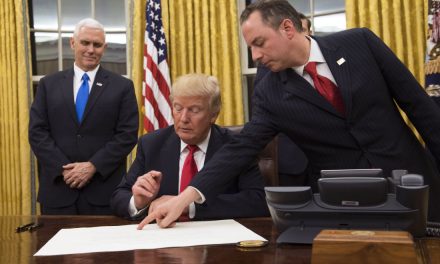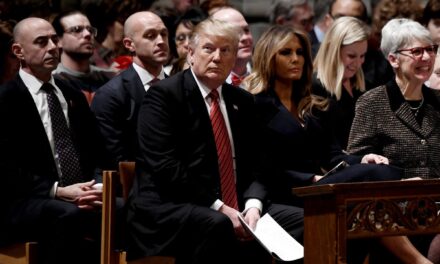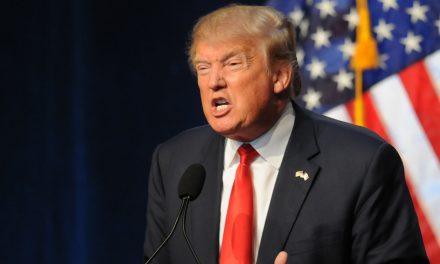Image Credits: Photo: Getty Images.
Back in April 2019, before Joe Biden had even announced his candidacy, I wrote that he and Bernie Sanders were in “the driver’s seat” to win the nomination. I was inspired to write that piece by a spate of articles that were critical of Sanders for not polling better. My counterargument was that he was actually in a quite enviable position relative to the other candidates. To begin with, Sanders was then leading in Iowa and New Hampshire among candidates who had actually declared they were running.
Biden and Sanders are leading the polls in large part because they are the best-known politicians in the bunch, but also because Democrats genuinely like them. While there may be a wide ideological gulf between them, especially if we go back decades in time, most voters aren’t making those kinds of distinctions. They’re both leading because they are popular with Democrats all along the ideological spectrum, and this seems to confound and perplex political analysts and activists alike. Progressives are supposed to be repelled by Biden and white working-class voters are presumed to dislike socialism. Neither assumption bears out in the polling numbers.
As the other candidates begin to execute their campaign strategies and get their chances to perform on bigger stages, we will see these polling numbers begin to fluctuate, and there will be horses that show a burst for a time. It’s interesting to speculate about which candidates might have the talent or good fortune to move closer to the front. The Democratic primary voters may want a reliable hand like Biden or an economic populist like Sanders or Warren or a fresh and charismatic face like O’Rourke, Harris, or Booker. They might want someone completely new and from outside of Washington like Pete Buttigieg or Washington governor Jay Inslee.
All we know right now is that Biden and Sanders are in the best position to win the nomination. We’re not suffering because there aren’t enough takes being published about why they’re not doing better.
I don’t think that was welcome analysis for a lot of Democrats. Progressives wanted to believe that Biden was weak, and mainstream Democrats didn’t like the sound of Bernie Sanders being in a commanding position. But time has borne out the validity of my assessment.
At the time, I also included an examination of how delegates are awarded in the primaries to buttress my case because most analysis was ignoring this key element. The articles I was reading took…
…no account [of] how delegates are actually awarded in the Democratic primaries, where you need to break 15 percent to get anything, and if you are one of only two candidates to clear that hurdle, you can count on getting more than 40 percent of that states’ haul. If these elections were held today, Biden and Sanders would be splitting all the delegates between them, and even if Sanders were losing every state it would take him a long time to be eliminated.
My take back in April was that Biden and Sanders might be polling in the low-twenties or high teens, but this support was rock-solid because of their built-in bases of support. This was different than a mere early name recognition advantage, and would guarantee them a share of delegates in almost every congressional district in the country. It’s probably time to remind people of the importance of this fact, because it has remained true even as ethical questions about Hunter Biden have become a key aspect of the impeachment inquiry and Sanders suffered a heart attack. Despite these considerable challenges to their candidacies, they remain solid frontrunners, and it seems to be a great surprise to a lot of folks.
Suddenly, Bernie Sanders’ presidential campaign is being taken seriously.
For months the Vermont senator was written off by Democratic Party insiders as a candidate with a committed but ultimately narrow base who was too far left to win the primary. Elizabeth Warren had skyrocketed in the polls and seemed to be leaving him behind in the race to be progressive voters’ standard-bearer in 2020.
But in the past few weeks, something has changed. In private conversations and on social media, Democratic officials, political operatives and pundits are reconsidering Sanders’ chances.
“It may have been inevitable that eventually you would have two candidates representing each side of the ideological divide in the party. A lot of smart people I’ve talked to lately think there’s a very good chance those two end up being Biden and Sanders,” said David Brock, a longtime Hillary Clinton ally who founded a pro-Clinton super PAC in the 2016 campaign. “They’ve both proven to be very resilient.”
It should not be lost on you that this resilience was identified by me as structural and had little to do with the merits of their policy positions and even less to do with their campaign strategies. It was based in a solid floor of support that other candidates did not have and would have trouble producing. For Biden, much of this was explained by transferred loyalty to Barack Obama, and for Sanders it was from strong supporters of his 2016 campaign. Both of them could reasonably expect to clear 15 percent in nearly every contest based on this advantage alone.
Please remember this when you hear other explanations for their current position.
Democratic insiders said that they are rethinking Sanders’ bid for a few reasons: First, Warren has recently fallen in national and early-state surveys. Another factor, they said, is that he has withstood the ups and downs of the primary, including his own heart attack. At the same time, other candidates with once-high expectations, such as Kamala Harris, Cory Booker and Beto O’Rourke, have dropped out or languished in single digits in the polls.
“I believe people should take him very seriously. He has a very good shot of winning Iowa, a very good shot of winning New Hampshire, and other than Joe Biden, the best shot of winning Nevada,” said Dan Pfeiffer, who served as a adviser to former President Barack Obama. “He could build a real head of steam heading into South Carolina and Super Tuesday.”
My point in April was that both Biden and Sanders would use their bases of unshakeable support to weather the unknown and unpredictable twist and turns. They were the real forces in the campaign, and almost nothing would change that. As a result, I don’t see their current positions as indications that they’re doing a great job relative to other candidates. They were always going to be in this position, and it has always been up to their challengers to rise up, match, and eventually surpass them.
They are still in a great position because they will almost definitely be winning delegates even in the states that they lose. But neither of them is assured of winning a majority of the delegates and securing the nomination. They haven’t really grown their advantages as much as maintained them even as some of their more potent opponents have faltered or dropped out.
It will be extremely hard for anyone else to win a majority of the delegates so long as both Biden and Sanders remain in the race and gathering delegates in every contest. If someone can repeatedly come in first place, they might be able to pull it off, but a plurality might be the best an inconsistent winner can do, and that would send the decision to the floor of the convention.
A lot will change over the next month as we gear up for the first contest in Iowa, but it’s unlikely that anything will change this basic dynamic of the campaign. The impeachment trial of Donald Trump will present risks for Biden, and a new health setback for Sanders could be devastating, but these things have not done enough damage to date to make me change my initial assessment of the race.

